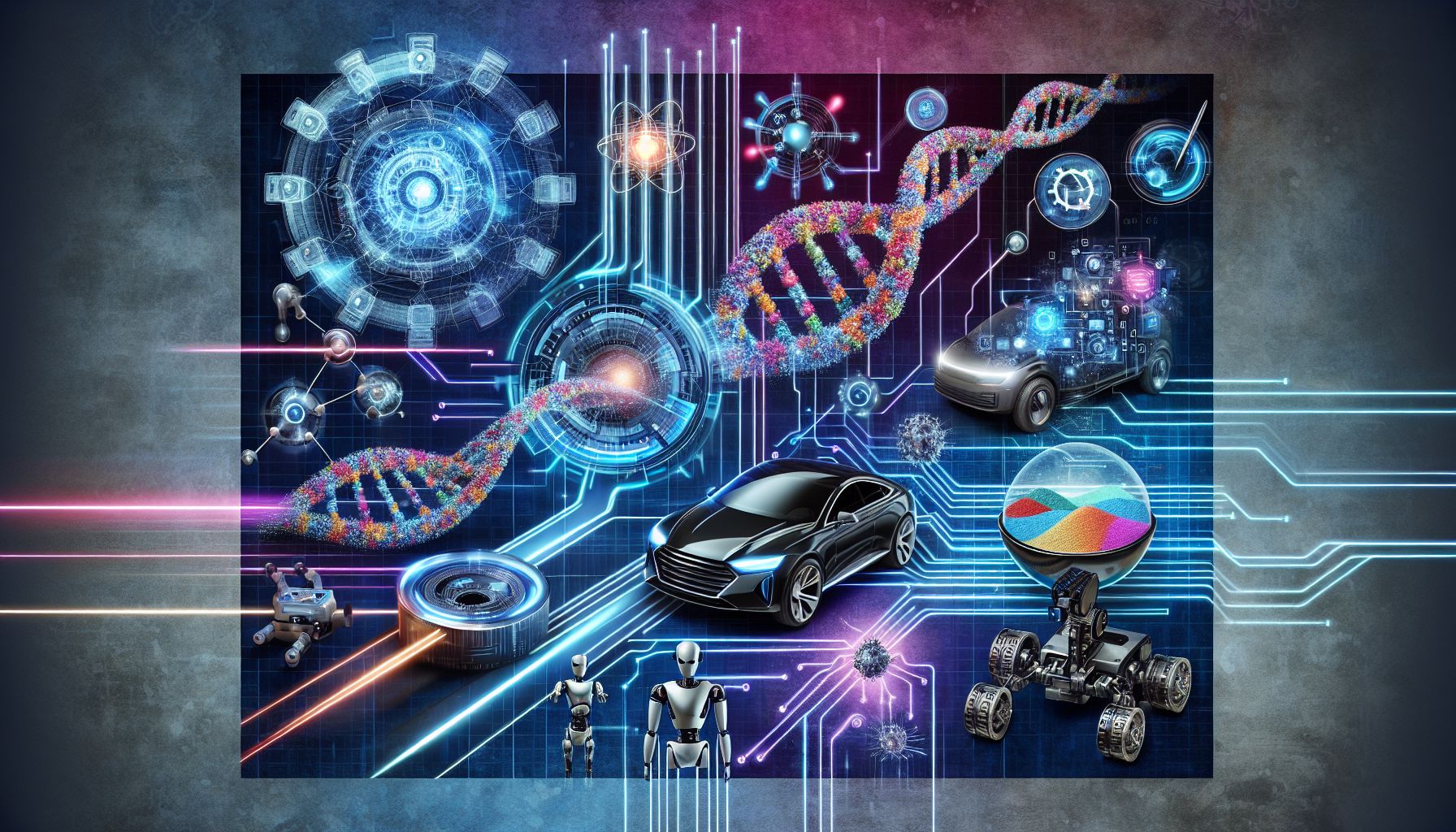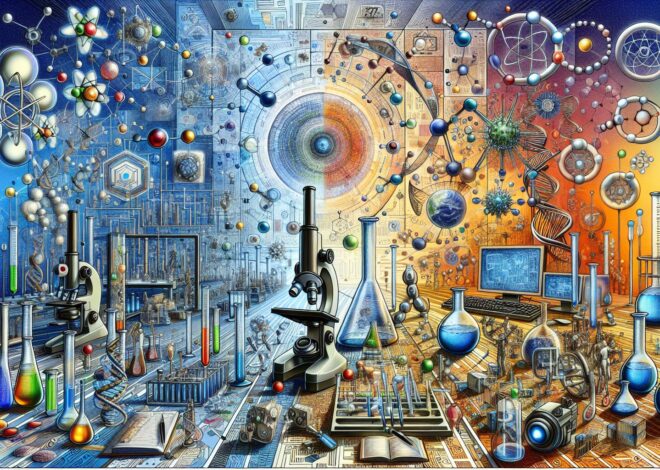
Recent Trends in Science and Technology: Exploring the Possibilities
Innovation is the driving force behind the constantly evolving worlds of science and technology. Every day, new discoveries and breakthroughs are revolutionizing our understanding of the universe and transforming the way we live and work. From advancements in artificial intelligence to ground-breaking discoveries in space exploration, the latest developments in these fields have the potential to shape our future in profound ways.
Artificial intelligence (AI) has been at the forefront of technological advancements in recent years. The rapid progress in machine learning algorithms and data processing capabilities has paved the way for remarkable applications in various sectors. For instance, AI-powered virtual assistants have become ubiquitous, helping us with daily tasks and simplifying our lives. Moreover, AI is increasingly being used in healthcare to accelerate diagnosis and develop personalized treatment plans. The potential of AI to transform industries and drive economic growth is immense.
Another area of science and technology that has seen significant progress is space exploration. With the successful landing of the Perseverance rover on Mars earlier this year, scientists and engineers are now closer than ever to uncovering the mysteries of the Red Planet. The data collected by the rover will help us understand the planet’s geology, climate, and potential for supporting life. Furthermore, private companies like SpaceX are working towards making space travel more accessible and affordable, opening up new possibilities for commercial space exploration and colonization.
The field of biotechnology has also witnessed remarkable advancements in recent years. Genetic engineering techniques, such as CRISPR-Cas9, have revolutionized the way we manipulate genes and are opening doors to potential cures for genetic diseases and the creation of genetically modified organisms. Additionally, the development of lab-grown organs and tissues has the potential to revolutionize organ transplantation, alleviating the shortage of donor organs and saving countless lives.
While these advancements bring exciting possibilities, they also raise ethical concerns. As AI becomes more advanced, questions surrounding privacy and job displacement arise. It is crucial to strike a balance between technological progress and protecting individual rights and livelihoods. Similarly, the field of genetic engineering sparks debates about the ethical implications of manipulating the fundamental building blocks of life. These discussions pave the way for thoughtful regulation and responsible use of these technologies.
Looking towards the future, the interplay between science and technology promises even more exciting prospects. Quantum computing, for instance, has the potential to solve problems that are currently unsolvable by classical computers, revolutionizing fields such as cryptography and drug discovery. Furthermore, the emerging field of nanotechnology holds promise for applications in medicine, energy production, and environmental remediation.
In conclusion, the rapid progress in science and technology is reshaping our world and presenting us with new opportunities and challenges. From AI to space exploration to biotechnology, recent developments have revolutionized various sectors and paved the way for exciting prospects in the future. However, it is essential to navigate these advancements responsibly, considering their ethical implications and ensuring equal access to their benefits. By fostering a vibrant discussion and engagement, we can shape a future that embraces the full potential of science and technology while addressing the concerns and interests of all.



